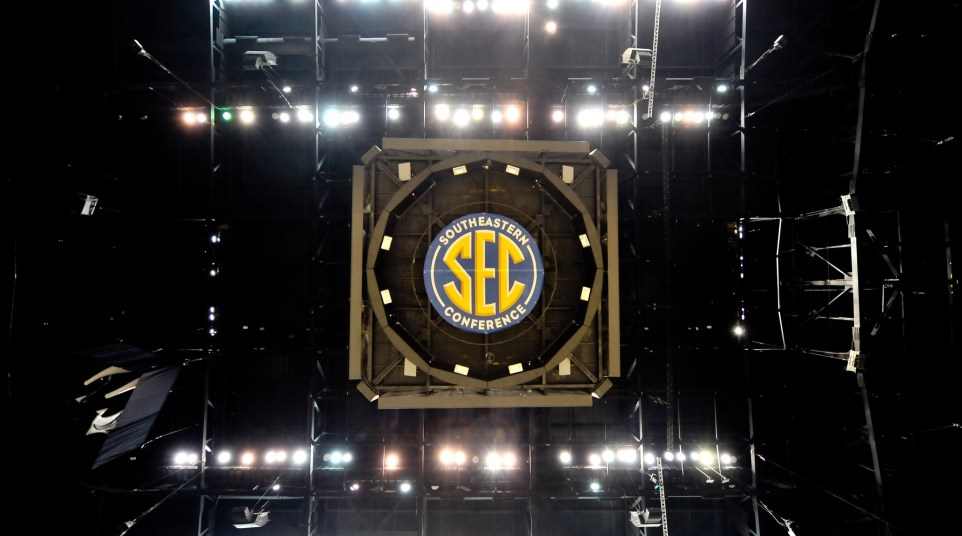Recapping the SEC meetings: From cost of attendance to satellite camps
How was your week back at work after Memorial Day Weekend? Did you sit looking out the window wishing you were still on the beach?
SEC officials did the same, except when they looked out the window the beach was still there. The conference converged on Destin, Fla. this past week for the SEC’s annual spring meetings, where they discussed all of the pressing issues that the conference will face going forward.
One of the hot-button issues from around the country is cost of attendance. The SEC, along with other power conferences, will now begin including “incidental costs” in scholarships — things that go beyond room, board and tuition. The conference is hoping to give transparency in this area, and schools will have to report any variances in their COA value for student-athletes.
Some SEC coaches are concerned, though. The difference in COA between can be thousands of dollars, and the coaches are worried that it can be used to their disadvantage in recruiting if their school’s COA is lower than their conference brethren. According to CBS Sports, SEC schools like Mississippi State, Tennessee and Auburn will all offer, on average, more than $5,000 in cost of attendance. Others like LSU, Georgia and Florida all average below $4,000 for COA.
Several officials around the conference are in support of sharing what exceptions they’re giving out to athletes and the how and why behind it.
Here are some of the other big issues that came up this past week:
- Outgoing SEC commissioner Mike Slive announced that he will step down on June 1, not after his contract ends on July 31 as originally anticipated. New commissioner Greg Sankey will take the reigns of the conference on Monday, following one of the most successful commissioners in college sports history. Slive, who has been battling prostate cancer, was SEC commissioner for 13 years.
- The biggest news to come from the weekend — or at least the biggest number — is the conference’s record revenue from the past year. The conference reportedly brought an all-time high of $455 million in revenue from the last year, with more than $31 million to be distributed to each member school. The previous record for highest payout was $20.9 million per school, set just last year. With the advent of the College Football Playoff and the introduction of the SEC Network, the conference’s cash flow could continue to rise astronomically.
- The SEC will no longer accept transfers with “serious misconduct” in their past, which includes domestic violence and sexual assault. The new initiative, proposed by Georgia, will apply to junior college transfers and lower-level college transfers as well, but not to high school players. Not discussed in the proposal is what happens if charges against an athlete are dismissed.
- In an attempt to but a stop to fans rushing the field, the SEC will increase the penalties assessed to schools whose fans do so. Previously, first offenses drew a $5,000 fine, second offenses a $25,000 fine and subsequent offenses a $50,000 fine. The new fine system will start at $50,000 for a first offense, then rise to $100,000 for a second offense and $250,000 for subsequent transgressions.
- The conference will mandate independent medical observers at all games going forward. The medical personnel will be up in the replay booth with an eye trained toward head-to-head collisions, giving the SEC another check in place in the case of potential head injuries.
- After some public statements from coaches in the last few months, the SEC took a stand against “satellite camps,” saying it will propose national legislation that will stop coaches from making “guest coaching” appearances at camps away from their school’s campus. The ACC has joined the SEC in opposition of the camps, while the Big Ten, Big 12 and Pac-12 support of them. The SEC has said that if national legislation stopping the camps doesn’t pass, the conference will allow its coaches to make appearances in order to keep up with the rest of the country.

